On the 1st of August this year several actions took place against brown coal mining in the rhineland in germany.
One of the biggest open cast mines of europe are located in the midwest of germany. Near to Cologne RWE, the biggest energy provider of germany runs three open cast mines with an area of 160 km². With an emission of ca. 100 million CO2 per year RWE is the biggest emittent of CO2 in whole Europe. Enough Profit for the highly indepted enterprise, the loss of natural resources for millions of people of the global south
The local consequences of the brown-coal-minig are desastrous. Highly fertile soil gets digged away. Tens of thousands of people get resettled. Important ecosystems like the hambach forest get cut down. To prevent the mines from flooding the groundwater gets pumped down. The negative effects for the agriculture and wetlands can be located even in the netherlands which are ca. 60 km away. The grit and fine dust which are produced by the biggest diggers of the world, which work 24/7 includes even radioactive particles.
There was Resistance against the gigantic project for the whole time of RWEs economic activity since the beginning of 1900. Sometimes bigger sometimes smaller the resistance moreover collapses because of the power RWE develops with lobbyism, corruption and the undercutting of administrations, courts and local social communities.
For about 4 years a constantly growing grassrootsmovement tries to power up the resistance against the power generation of coal on a local and nationwide scale. With constant crystallisation points like the hambach forest occupation and a house project in the area, with climate camps and helping to empower the local resistance movement with supporting citizen initiatives.
Embedded in the climate camp this year a powerful action day took place.
The coal train which transports the coal from the hambach open cast mine to the power plant was blocked two times. On the the first blockade chained themselves to the rails of the coal train which transports the coal of the mine called hambach to the power plant and the second time two people roped down from a bridge above the rails.
Nearly at the same time about 80 people moved the other big mine Garzweiler to block the infrastructure. 2 Diggers were blocked 3 times with lock-on-actions and squattings.From 8 o'clock in the morning to 10 in the evening the drivers of the diggers and the other personal in the mine had no calm minute.
It seems that more and more people want to take responsibility for themselves to protect ecosystems and natural resources and begin to stop the worst effects of climate change with direct actions against fossil infrastructure.
Photos of the action day:
Lock-on-action and climbing action (with other photos of the hambach forest occupation)
https://secure.flickr.com/photos/hambacherforst/with/14797606761/
Blockade of diggers:
https://secure.flickr.com/photos/100963658@N02/sets/72157645681194248/
Mobilisation for a big infrastructure blockade simultaneously to the COP21
According to the next COP-meeting in Paris 2015 we want to invite people from all over europe to think about what to do. As we don't want to have such a big depression after the COPs 2009 in Copenhagen again there is a tendency to organise a big blockade of infrastructure of fossil fuel energy production simultaneously somewhere centrally located in Europe. If you have ideas and want to distribute them you can come to Cologne/Germany from the 3rd to the 5th of octobre. There will be accomodation and board.
English callout for the action plenary:
http://ekib.blogsport.eu/2014/08/23/invitation-action-plenary-meeting-3-5-oct-2014-in-cologne/
Earth First!
An activist from ausgeco2hlt
Unfortunately the websites are not in english or the english blogs are not well operated
www.hambacherforst.blogsport.de / http://hambachforest.blogsport.de/


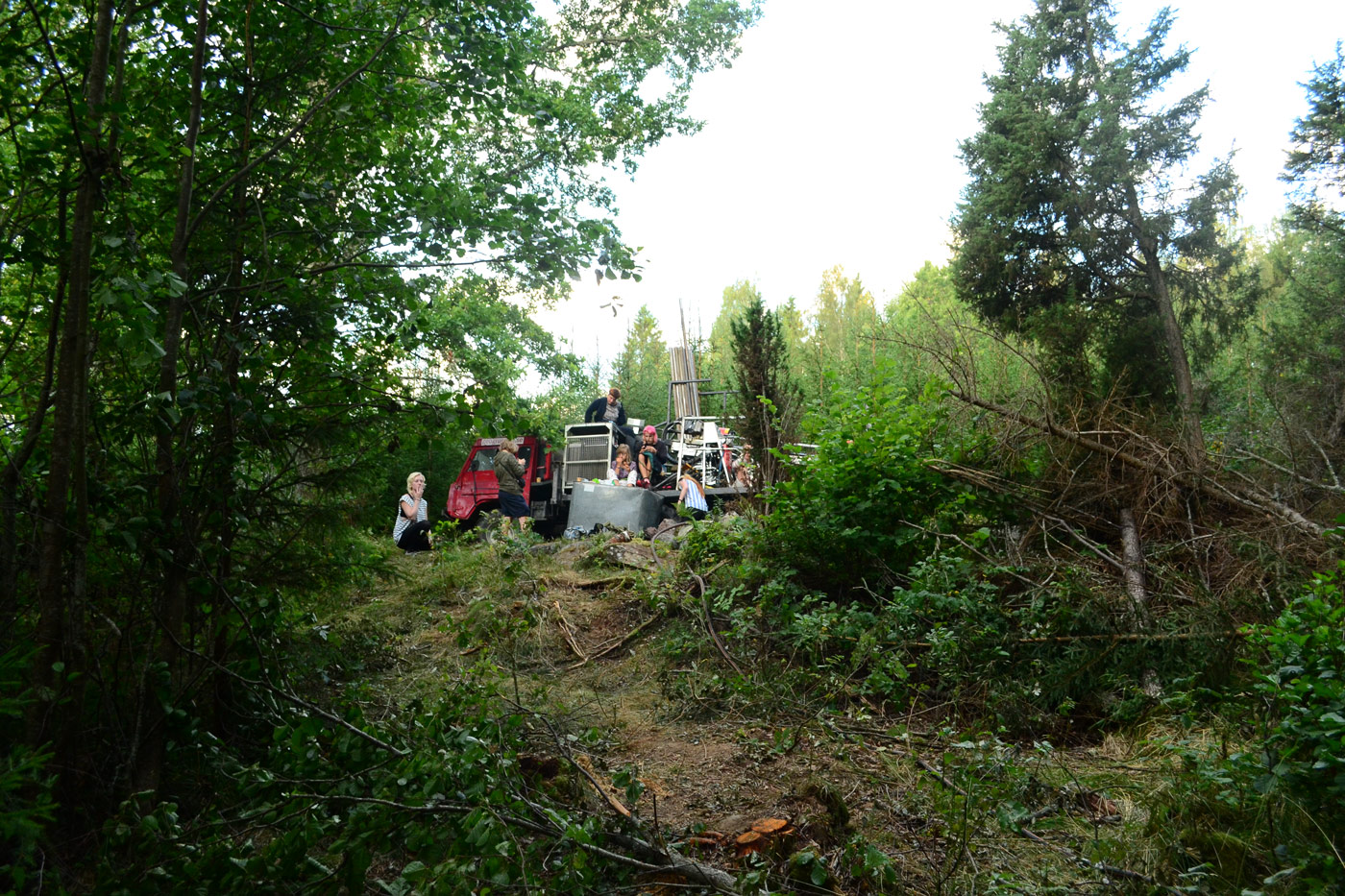

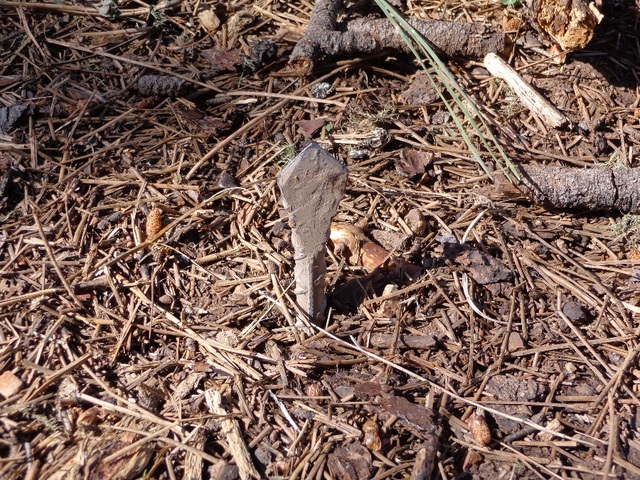
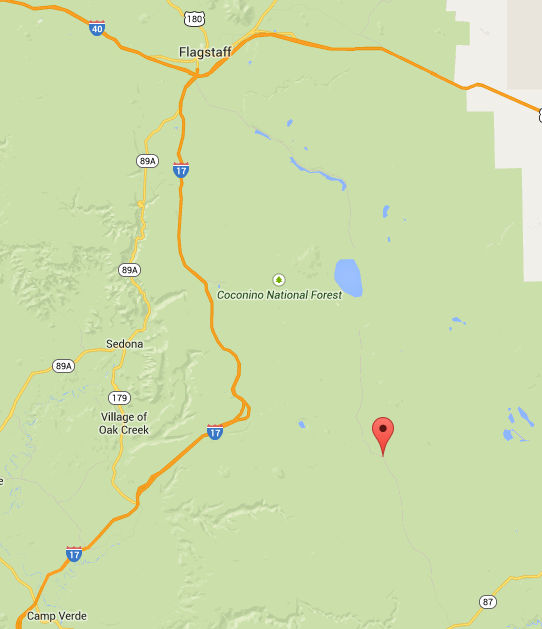
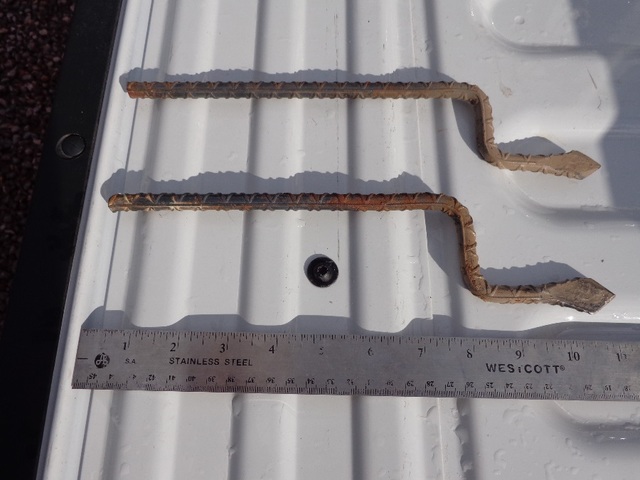
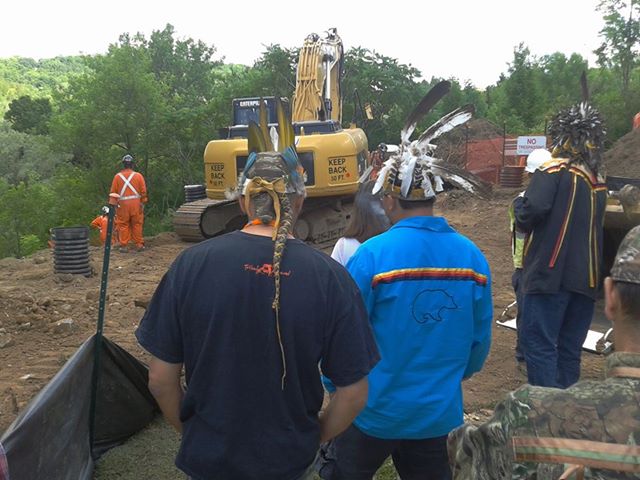

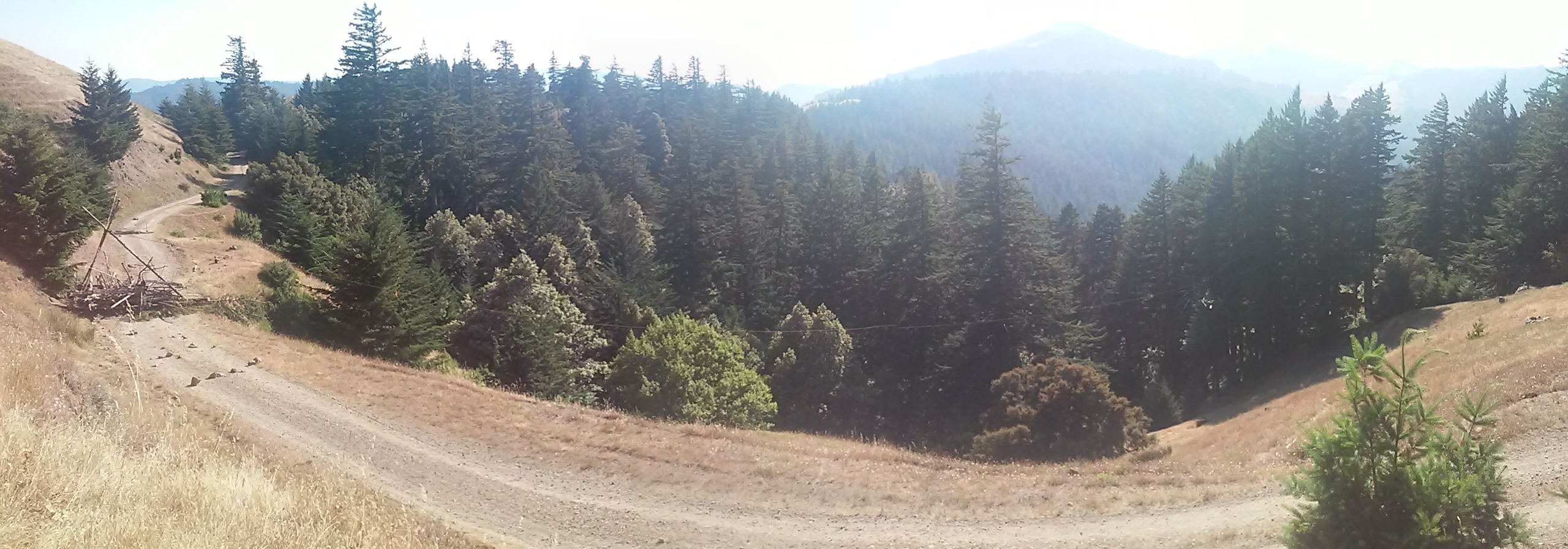

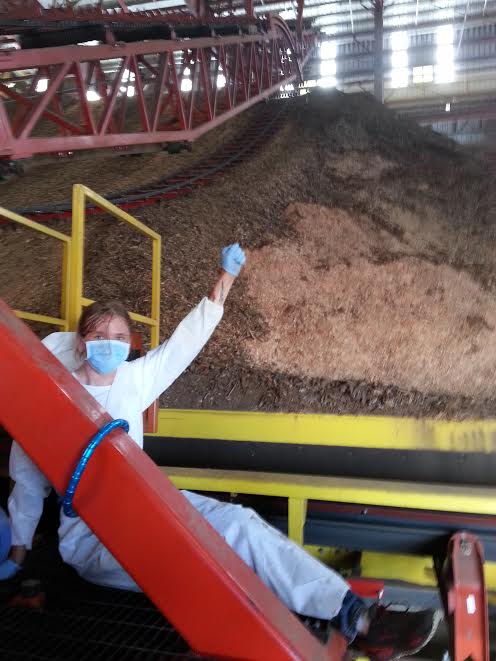
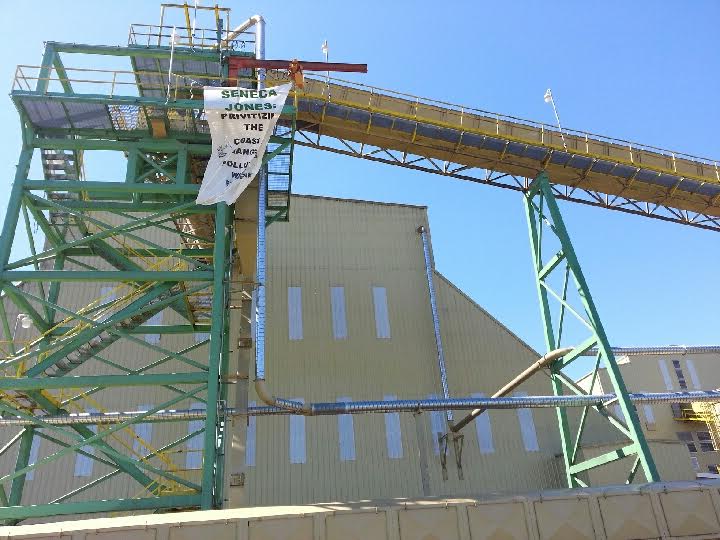


 1st July The survivors of a South American tribe which was decimated during the 1950s and 60s are taking Paraguay’s government to court over the genocide they suffered.
1st July The survivors of a South American tribe which was decimated during the 1950s and 60s are taking Paraguay’s government to court over the genocide they suffered. 1st July The survivors of a South American tribe which was decimated during the 1950s and 60s are taking Paraguay’s government to court over the genocide they suffered.
1st July The survivors of a South American tribe which was decimated during the 1950s and 60s are taking Paraguay’s government to court over the genocide they suffered. 1st July Youths in Eket and Esit Eket in Akwa Ibom on Monday staged peaceful protests against fresh oil spills in Nkpana community from a Mobil facility i
1st July Youths in Eket and Esit Eket in Akwa Ibom on Monday staged peaceful protests against fresh oil spills in Nkpana community from a Mobil facility i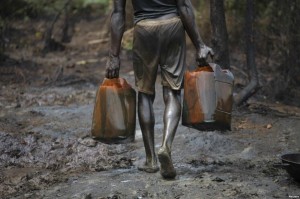 1st July Youths in Eket and Esit Eket in Akwa Ibom on Monday staged peaceful protests against fresh oil spills in Nkpana community from a Mobil facility in Ibeno.
1st July Youths in Eket and Esit Eket in Akwa Ibom on Monday staged peaceful protests against fresh oil spills in Nkpana community from a Mobil facility in Ibeno.